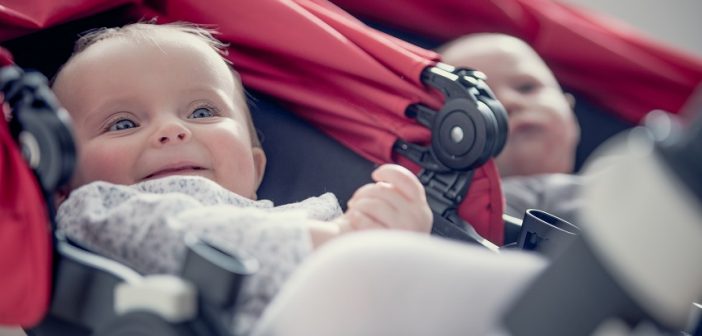A birth injury is something no family wants to discover. Finding out that your child suffered an injury during or shortly after birth can leave you with many questions, such as how the injury occurred and whether it could have been prevented.
The first step to getting answers is identifying that your child has a serious birth injury. Learn how to recognize the signs and symptoms of several common types of birth injuries to better protect your newborn.
How Do You Know If Your Baby Has a Brain Injury?
Brain injuries are unfortunately a common type of birth injury. An infant’s brain is still in development, leaving it extremely vulnerable to injuries and damage. A brain injury could occur during labor or delivery if a doctor fails to notice signs of fetal distress, leading to cerebral hypoxia (lack of oxygen to the brain), or if a nurse drops the baby. You may notice certain symptoms if your infant has a brain injury.
- Physical signs: distorted or abnormal facial features, large forehead, twisted spine, undersized head, bumps or bruises on the head, stiffness in the neck, trouble focusing the eyes.
- Behavioral signs: vomiting, sleeping more or less than usual, lack of interest in activities, seizures, feeding problems, abnormal behavioral patterns, developmental delays.
- Emotional signs: irritability, discomfort, excessive or intense crying, crying if you move the infant’s head, abnormal temperament.
Infant brain damage is one of the most severe birth injuries. A bump or blow to the head after birth, or oxygen deprivation during childbirth, could injure the brain enough to cause lifelong damage, such as cerebral palsy. See a doctor immediately if you notice any potential signs of a brain injury in your newborn.
Do Babies With Brain Damage Cry?
Yes, babies and infants with brain damage cry. In fact, most infants with brain injuries cry excessively or more often than the average baby. They may also exhibit intense crying behaviors, such as arched-back crying, and high levels of irritability or fussiness. If your baby cries excessively or appears in a state of general discomfort without any explanation, it could be a sign of a brain injury. Go to a hospital or pediatrician if you are curious whether there is a connection between your baby’s excessive crying and a brain injury.
What Is Considered a Birth Injury?
Brain injuries are not the only type of birth injury. A birth injury can refer to virtually any traumatic injury that occurs during a mother’s pregnancy, labor or delivery, or shortly after birth.
- Bruising
- Lacerations
- Facial paralysis
- Nerve damage
- Traumatic brain injuries
- Bone fractures
- Brachial plexus injuries
- Maternal infections
- Kernicterus
Birth injuries arise due to mistakes before, during or after the birthing processes that injure the child. Birth injuries can cause serious damage to an infant, including multiple types of palsies, bleeding in the brain, permanent scarring or disfigurement, and infant death.
What Causes Birth Injury?
Birth injuries are often preventable or avoidable. They arise most often due to medical malpractice. The legal definition of medical malpractice is a mistake or error in judgment that a reasonable and prudent health care practitioner would not have made in the same or similar circumstances. Many examples of medical malpractice can cause birth injuries.
- Misdiagnosis
- Medication mistake
- Failure to order an emergency C-section
- Lack of attention to vital signs
- Improper use of birth-assisting tools
- Incorrect birthing methods
If you believe your child is the victim of medical malpractice that resulted in a serious birth injury, speak to a personal injury attorney near you about your legal rights and options. Your family may have grounds to bring a civil lawsuit against the nurse, doctor or hospital responsible for causing your child’s birth injury. A lawsuit can bring you financial compensation, justice and closure after your family’s traumatic experience.





Thanks LaDonna, to share this piece of content. I am from Australia and just come though your this article while searching for births content. I also read a content about ““Surreal & Weird:” How I Survived Becoming A New Mum During The Covid Era” and the author share her personal story…